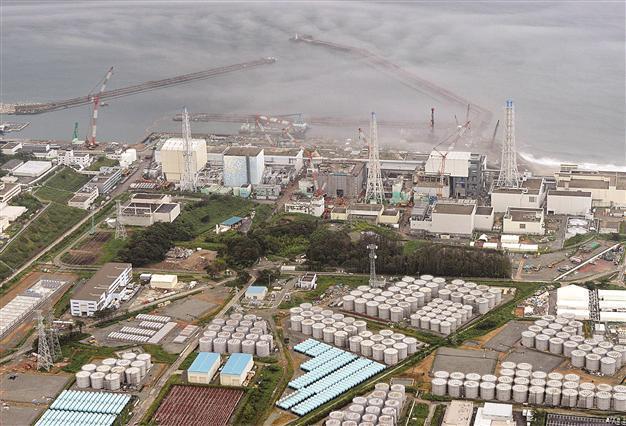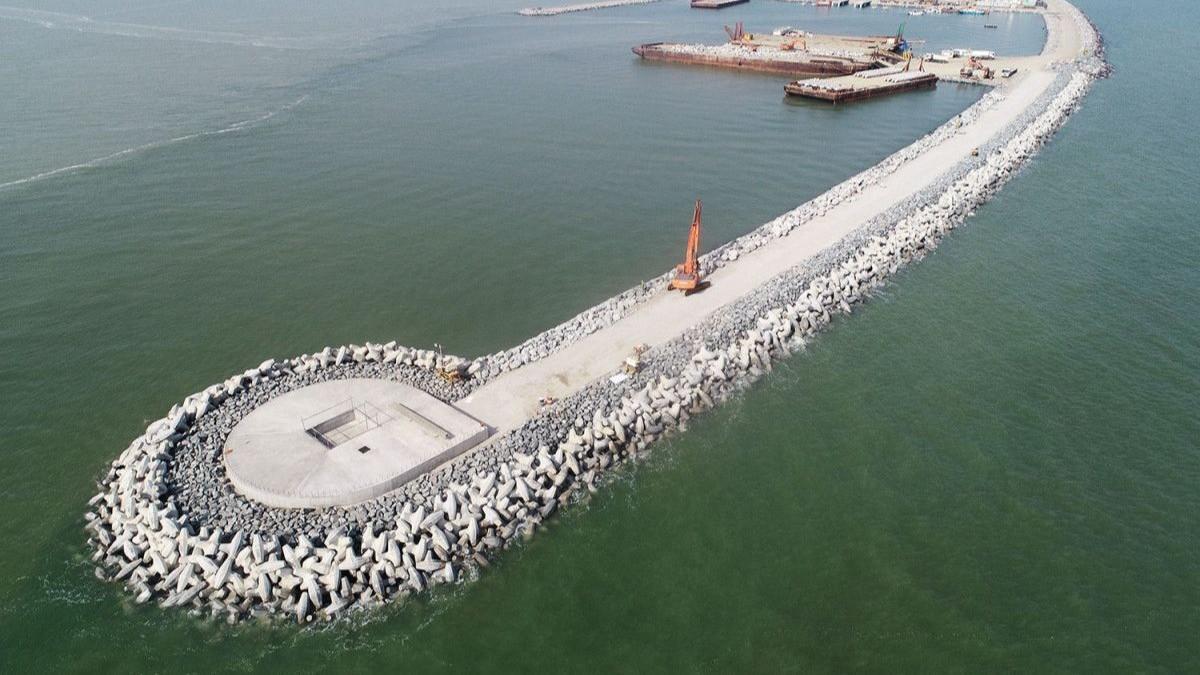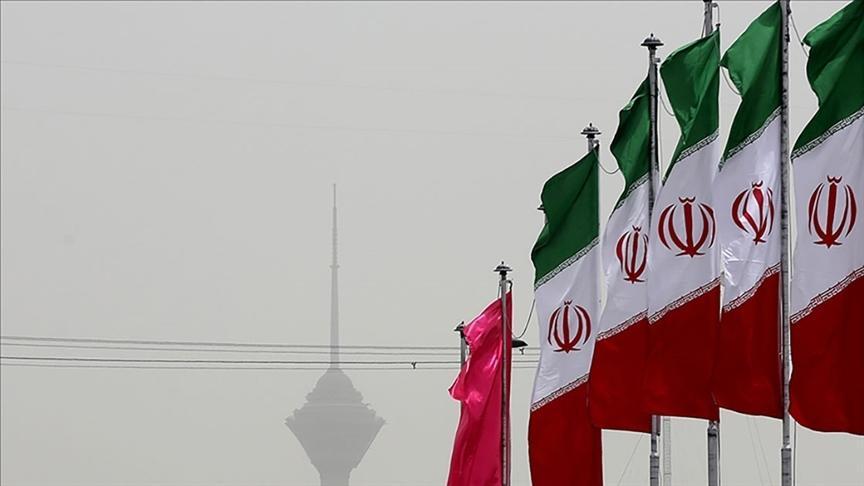Fukushima leak severity upgraded
TOKYO - The Associated Press

Nuclear Regulation Authority official Yukiko Fukui has said the severity of the Aug 19 leak was raised to level 3 from the original level 1. AP photo
Japan’s nuclear regulator yesterday upgraded the rating of a leak of radiation-contaminated water from a tank at its tsunami-wrecked nuclear plant to a “serious incident” on an international scale, and it castigated the plant operator for failing to catch the problem earlier.The Nuclear Regulation Authority’s latest criticism of Tokyo Electric Power Co. came a day after the operator of the Fukushima Dai-ichi nuclear plant acknowledged that the 300-ton (300,000-liter, 80,000-gallon) leak probably began nearly a month and a half before it was discovered Aug. 19.
In a meeting with agency officials on Aug. 27 night, TEPCO said radioactivity near the leak and exposure levels among patrolling staff started to increase in early July. There is no sign that anyone tried to find the source of that radioactivity before the leak was discovered.
Yesterday, regulatory officials said TEPCO has repeatedly ignored their instructions to improve their patrolling procedures to reduce the risk of overlooking leakages. They also said TEPCO underestimated the potential impact of the leak because underground water is shallower around the tank than the company initially told regulators.
Government to step in
Earlier this week, Japan’s industry minister said the government will take over cleanup efforts.
The authority originally gave a Level 1 preliminary rating - an “anomaly,” to the tank leak. Last week the authority proposed raising that to Level 3 - a “serious incident” - and it made that change after consulting with the International Atomic Energy Agency.
The IAEA’s ratings are designed to inform the international community, and changing them does not affect efforts to clean up the leak by the government and TEPCO. The 2011 Fukushima disaster itself
was rated the maximum of 7 on the scale, the same as the 1986 Chernobyl accident.
“What’s important is not the number itself but to give a basic idea about the extent of the problem,” said authority chairman Shunichi Tanaka. “I’ve seen reports that this is a dire situation but that’s not true.”
Tanaka said there is a much larger ongoing problem at the plant: massive amounts of contaminated ground water reaching the sea. But that problem cannot even be rated under the IAEA’s International Nuclear and Radiological Event Scale because it is unknown exactly how much ground water is escaping, how contaminated it is and what effect it is having on the sea and marine products.
TEPCO has recovered some of the water that leaked from the tank but says some of it may have reached the sea through a rainwater gutter.
TEPCO has built hundreds of tanks to hold radioactive water, some of which is ground water that made its way to the plant, but hundreds more tons of contaminated water are believed to be entering the sea each day.
The plant suffered triple meltdowns after the massive earthquake and tsunami in March 2011. TEPCO is putting tons of water into its reactors to cool them and is struggling to contain the resulting waste water.
Leakage crisis new blow to fishermen
YOTSUKURA-The Associated Press
A sliver of hope emerged after recent sampling results showed a decline in radioactivity in some fish species. But a new crisis spawned by fresh leaks of radioactive water from the Fukushima plant last week may have dashed those prospects.
















